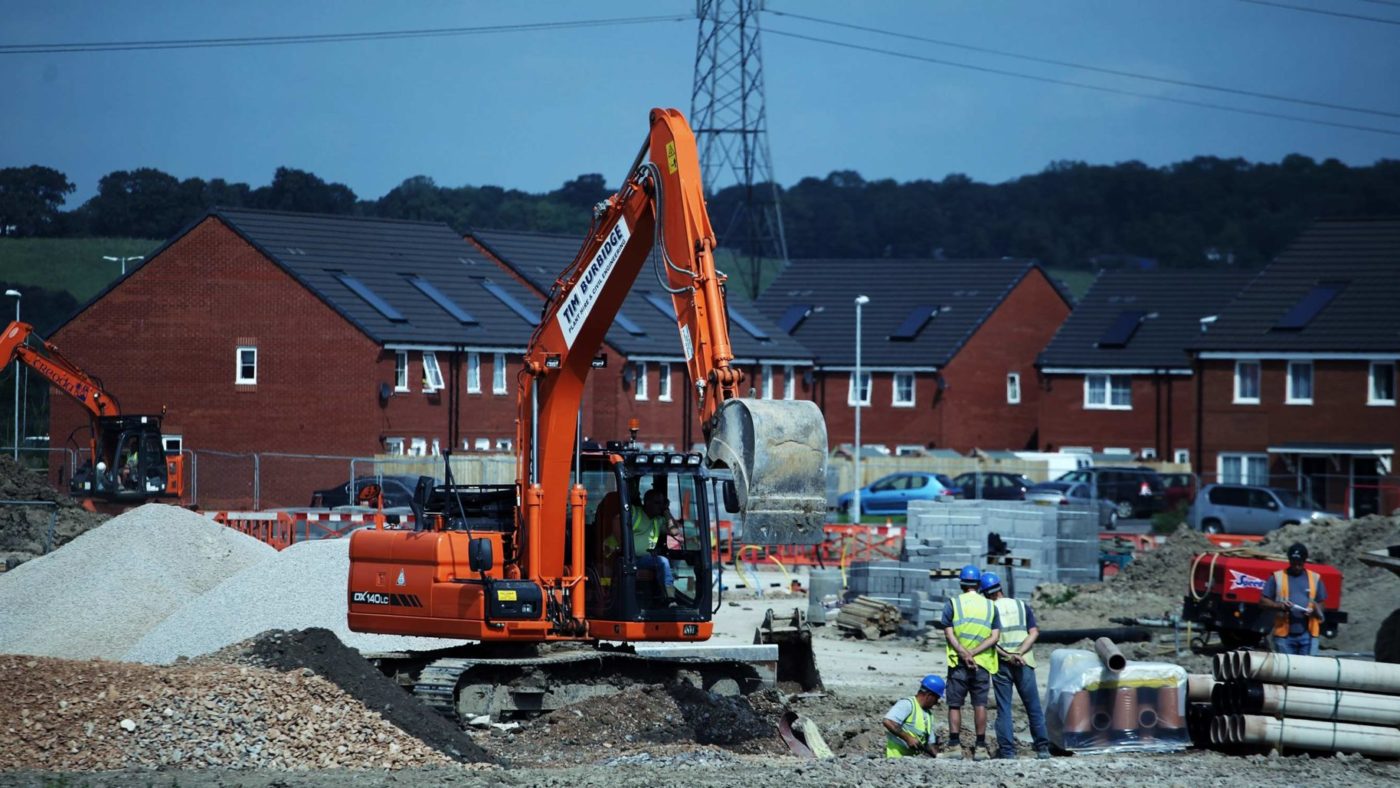Since the Government unveiled its recent housing reforms, we’ve heard a number of complaints that developers will be able to ride roughshod over the views of local people.
The recent piece from the chief executive of the Campaign for the Protection of Rural England is a fine example of the genre, with its lament that “local democracy is under attack”.
It sounds like a serious charge, but it completely misses the point. Democracy, after all, is not an ultimate value, nor even a proxy. It’s simply, most of the time, a good way of gaining some of the things we desire.
That’s why there are all manner of areas where democracy is actively avoided. We do not, for example, subject criminal sentencing to a democratic vote, as it would be a surefire recipe for mob rule (or paediatricians being chased over kiddie pictures). An individual’s tax bill is subject to the law, not whether folks like her or not. We look back on some of the things the majority did insist upon – no gay marriage for example – with a certain embarrassment. Democracy is not a god to be worshipped, as far too many idiotic decisions by the majority across history ought to tell us.
So, it’s fair enough, sometimes, to constrain democracy in the name of the greater good – which is presumably what most of us were aiming for in the first place. That’s where this row over planning permission comes in.
When it comes to where we build new houses, ‘local democracy’ really means that only those who are currently local get to decide upon things. But that is to exclude the views of those who would like to move, and are willing to part with their hard-earned cash to do so – and surely their opinions are worthy of just as much consideration?
It’s the logic of climate change action writ small. We cannot do as we wish right now, for to do so damages the prospects of those who will come after us. We must include their interests in our deliberations now. The same is true of some idyllic village – housing should not be determined just by those who already have theirs but also by those who would like to have somewhere to live as well.
There’s a fundamental moral argument at play here too. If private property means anything, it’s being able to dispose of one’s own property as one wishes. But if the ability to do this is subject to communal agreement then it’s not, in fact, truly private, but communal. If my field on the edge of town cannot be turned into a house, or houses, because those living around it object then that is not, in fact, property I can dispose of as I wish. It is also true that the votes of those in the surrounding area have the power to substantially reduce the value of my land. A reduction that I suffer and they don’t pay for – a socialisation of profit and individualisation of losses which never leads to optimal decision making.
Those are, broadly speaking, the logical and moral arguments against constraining development. But the real reason to cut local democracy off at the knees is because it simply doesn’t work. We need more land that housing can be built upon. Not, particularly, because planning permission is too difficult. But because each plot is grossly too expensive, which is always a useful signal of undersupply.
Agricultural land is worth perhaps £10,000 a hectare, land that can be built upon maybe £1 million. We need more that can be built upon – even if it never is developed – in order to bring that price down somewhere closer to good sense. Allowing the clientele of each village fete to decide what may be built within sound of the local church bells doesn’t do that – it seems obvious enough then that the system ought to change.
Ultimately, if ‘local democracy’ means denying people the ability to live where they want to, then it’s democracy that should give way, not the provision of shelter at a time of hugely inflated property prices. Complaining otherwise is simply missing the point about why this is so necessary.
Click here to subscribe to our daily briefing – the best pieces from CapX and across the web.
CapX depends on the generosity of its readers. If you value what we do, please consider making a donation.


